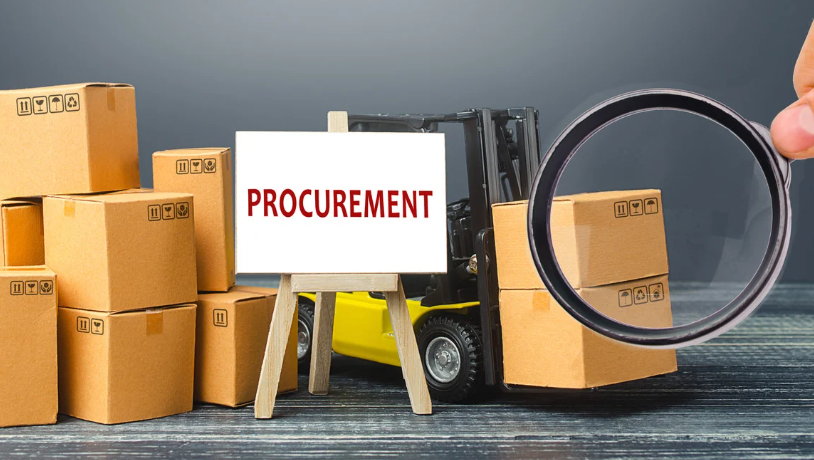Very few people are in the enviable position of being able to lose their main source of income, even for a few weeks, and maintain their standard of living. Each scenario is different, but the main breadwinners in any household often experience stress and added pressure knowing they simply cannot afford to be absent from work. This article examines the basics of income protection insurance, how it can help in those cases, and contributing factors when considering coverage.
What is Income Protection Insurance?
Income protection insurance is a form of coverage designed to replace most of your income from regular employment in cases where you cannot work. The policy fine print must cover the reason for this inability, which most commonly involves injury or sickness. Official medical reports will be required to confirm the validity of the claim and applicants must also be:
● Employed/self-employed—20-30 hours per week (occupation variations may exist)
● Aged 18-59—Although this is a relatively standard condition, individuals engaged in certain occupations may be subject to more severe age restrictions
● Permanent resident/citizen
Income Protection Insurance: Conditions and Exemptions
The key to successfully and efficiently sourcing, comparing, and eliminating income protection insurance quotes is to scrutinise each policy and note any factors affecting your ability to claim.

You may need to contact potential providers directly to clarify, although it is safe to assume most will have the following exemptions:
● Pregnancy
Any loss of income due to pregnancy or related health issues.
● Criminal activity
Policyholders unable to work as a result of injury or incarceration due to criminal activity are ineligible for payment
● Suspension from duties
Temporary or permanent suspensions, irrespective of fault or subsequent reinstatements, are not covered by income protection insurance
● Self-harm
Deliberate, self-inflicted injuries resulting in absence from work will not be reimbursed
● Acts of war
Absences resulting from war are not covered
Will Income Protection Insurance cover me overseas?
Typically, income protection insurance policies do not discriminate against policyholders who find themselves needing to claim from overseas, however, the following conditions generally apply:
● The holder must have returned to their country of origin
● None of the listed exemptions are involved
● Payments will be made for a maximum of three months
Do I need Income Protection Insurance?
Each individual’s circumstances are unique, so sweeping statements are largely superfluous.

However, if you think you would enjoy the peace of mind of knowing your income is protected if you are injured, sick, or otherwise incapacitated, then income protection insurance is for you.
Sourcing and Researching Income Protection Insurance
If you decide that income protection insurance is right for you, we recommend performing the following due diligence:
● Review each income protection insurance quote, paying close attention to the fine print. Look for caveats, conditions, and exemptions that differ from the other shortlisted policies.
● Work systematically, eliminating unwanted policies until you have a shortlist of three
● Speak to each insurance provider to clarify any uncertainties and gauge their levels of communication, professionalism, and transparency
● Maintain accurate, well-ordered documents to facilitate a speedy, successful claim
As with all insurance, this is one policy we hope never to need, but it represents a significant financial safety net when things don’t go according to plan. The relief of knowing we are protected and can focus our thoughts and efforts elsewhere is worth the premium alone.


